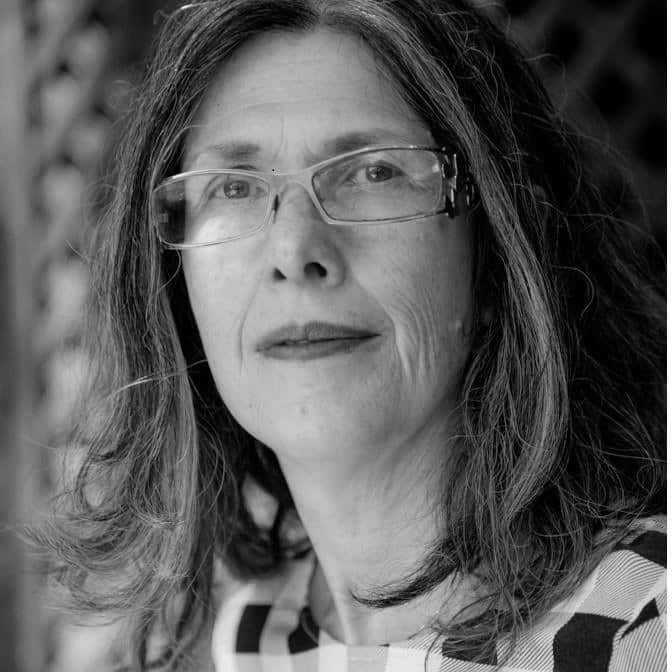A strange Purim this turned out to be: that prosaic pain which comes from too much hamantaschen and too much whiskey mingled with a wave of grief and fear following the Brussels attacks. (Much could be said also of the Ankara, Istanbul and Lahore bombings—the pain and loss of life are just as horrendous–but the Belgium attacks have been claimed by Daesh and become part of the political discourse in the West. Therefore, consequences will be different. This complexity is just one example of why a “war on terror” is too reductive a project.)
The horror of these attacks is in their pointed indifference to the individual lives they shatter—as they did in Paris (and the Brussels murderers would be some of the very same attackers), Daesh struck out wherever they knew lots of people would be. Christians, Muslims, Jews and atheists were all brutalized. (Actually, since the Paris attacks were perpetrated on a Friday night and concentrated on people enjoying the evening at concerts and on the street, observant Jews were among the most relatively safe Parisians, unless they were unlucky enough to be caught just as they walked home from shul or Shabbat dinner.)
These are attacks on cosmopolitanism, on the idea that people of different cultures and backgrounds can create polity together. The aim, of course, is to provoke the very reactions that these attacks have been getting: calls to militarize the policing of Muslim neighborhoods (from European politicians and from American political candidates); retreats from the very idea of the European Union which was created to halt the cycle of intraEuropean wars that had brought devastation to the continent and beyond; volkist, nativist ideas of national identity wholly distinct from citizenship.
The reactionaries of Daesh and those of Europe and the USA are locked in a totentanz, infatuated with a fantasy of the way things were when everyone knew their place. Two recent articles in the New York Times, a “>reflection from Roger Cohen (whose ancestors, like mine, fled the Czar’s pogroms in time to escape danger from the Shoah) remind us of our true history.
So does Purim. Our story of triumph over a plot to exterminate the Jews reminds us of the imperative not to forget about Amelek, the recurrent genocidaire always ready to raise the alarm about, “a certain people, scattered and dispersed among the other peoples in all the provinces of your realm, whose laws are different from those of any other people.”(Esther 3:8) Amelek is offended by persistent difference, by those of us who fail to feed our children pork and who cover our heads beneath the Almighty and who pray in words he doesn’t bother to learn. We have been Amelek’s targets in Europe before. Now, he is trying to assure us that he is on our side against “them.” Let’s not descend to his expectations.
Certainly, after Brussels, Paris—and San Bernadino—we have reason to be angry and afraid. We do indeed require protection. Those of us who live in the great world city of Los Angeles remain a constant provocation to the reactionaries of Daesh and those of the Nativist (not!) American extreme rightwing.
No I am not saying that our domestic right wing is “just like Daesh”; I am saying that their criticisms of contemporary society overlap in significant ways—that is to say that they share some particular notions of absolute right and wrong—a yearning for hierarchy, gender and otherwise, deference to authority for its own sake, strength for its own sake, a contempt for kindness when it is translated into policy, a hatred and suspicion of multiculturalism and the city.
Not that I don’t also believe in right and wrong. Every religious person—even those of us who are chastened by the postmodern observation that human knowledge is always fallible, situated, partial and interested—is, to some extent, a moral realist. So here is a value judgement of my own: I think that a cosmopolitan delight in difference, in the multiplicity of ways there are to be human and to be good, is very moral indeed. Just as we Jews are reclaiming the particular heritage of our tradition—not to be contemptuous of others, but to explore our own way building a life of meaning–so too we respect the heritage of others. For me and for Jews like me, this means building a living, vital, evolving tradition, rooted in our history but responsive to our very own time and place.
So yes, we need our government to do what it can to protect us from terrorists. We also need to resist categorical attacks on human rights based on religion or “race.” We also need to build communities of solid trust which crosses ethnic and religious lines. We are proud to be “a certain people.” We will reject the seductions of Amelek. Good Shabbos.























 More news and opinions than at a Shabbat dinner, right in your inbox.
More news and opinions than at a Shabbat dinner, right in your inbox.